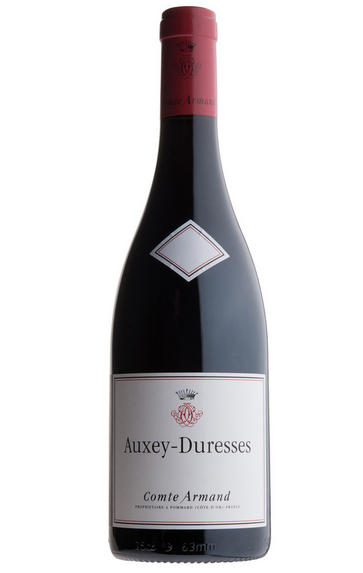
About this WINE
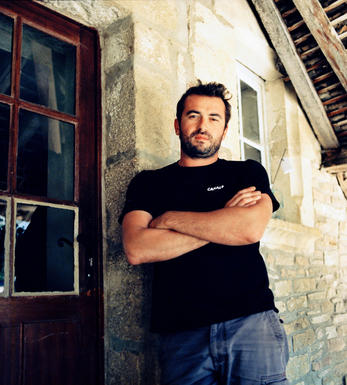
Domaine Comte Armand
Owned by the family of the Comte Armand since 1825, Clos des Epeneaux is among Pommard’s most revered vineyards. Post-phylloxera, it wasn’t replanted until 1930. Further vineyards were acquired in ’94: Auxey-Duresses, Auxey-Duresses Premier Cru, Volnay and Volnay’s Frémiets.
The modern era effectively began with Pascal Marchand, who was succeeded as winemaker by Benjamin Leroux. When Ben left in 2014 to focus on his own business, Paul Zinetti took the reins.
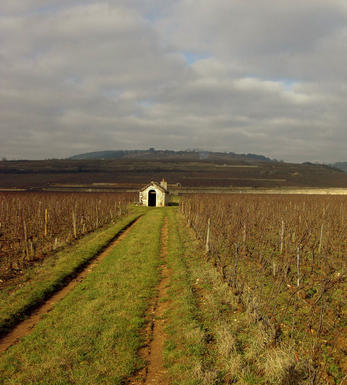
Auxey-Duresses
A small village in a side valley off the Côte de Beaune, with a slightly cooler local climate making for a more austere style of Burgundy. Nonetheless this can be an excellent source of relatively inexpensive wine in warmer years, or from top producers. At the moment production is about 75:25 red to white. The reds can age well, while the whites can have a most attractive minerality.
- 138 hectares of village Auxey-Duresses
- 32 hectares of Premier Cru vineyards (nine in all), the best being Les Duresses
- Recommended producers: Comte Armand (red), Fichet (white)
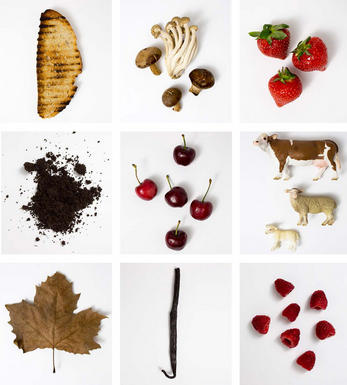
Pinot Noir
Pinot Noir is probably the most frustrating, and at times infuriating, wine grape in the world. However when it is successful, it can produce some of the most sublime wines known to man. This thin-skinned grape which grows in small, tight bunches performs well on well-drained, deepish limestone based subsoils as are found on Burgundy's Côte d'Or.
Pinot Noir is more susceptible than other varieties to over cropping - concentration and varietal character disappear rapidly if yields are excessive and yields as little as 25hl/ha are the norm for some climats of the Côte d`Or.
Because of the thinness of the skins, Pinot Noir wines are lighter in colour, body and tannins. However the best wines have grip, complexity and an intensity of fruit seldom found in wine from other grapes. Young Pinot Noir can smell almost sweet, redolent with freshly crushed raspberries, cherries and redcurrants. When mature, the best wines develop a sensuous, silky mouth feel with the fruit flavours deepening and gamey "sous-bois" nuances emerging.
The best examples are still found in Burgundy, although Pinot Noir`s key role in Champagne should not be forgotten. It is grown throughout the world with notable success in the Carneros and Russian River Valley districts of California, and the Martinborough and Central Otago regions of New Zealand.


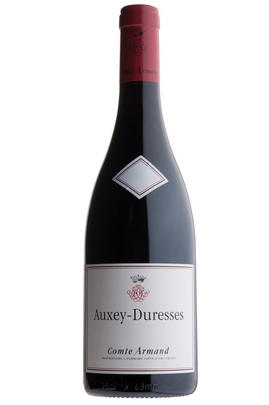
Buying options
Add to wishlist
Description
Seven barrels were produced, of which one is new. The nose offers ripe red-berry coulis aromas and a touch of blood orange. Paul carried out a very gentle extraction here, preserving the pure fruit and keeping the chalky tannins in check. Creamy and juicy with a long finish. Drink 2021-2026.
wine at a glance
Delivery and quality guarantee